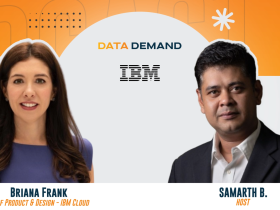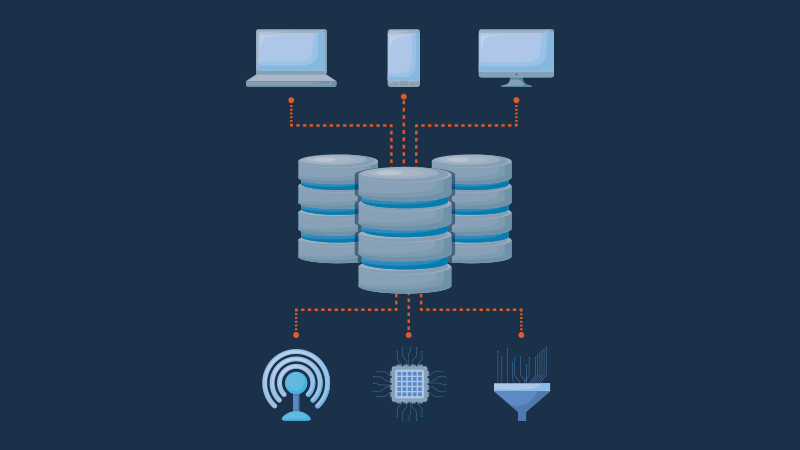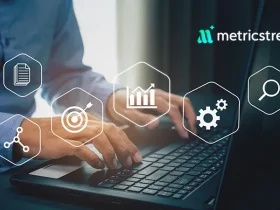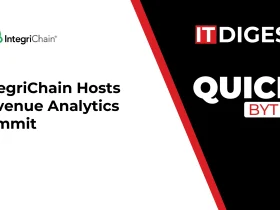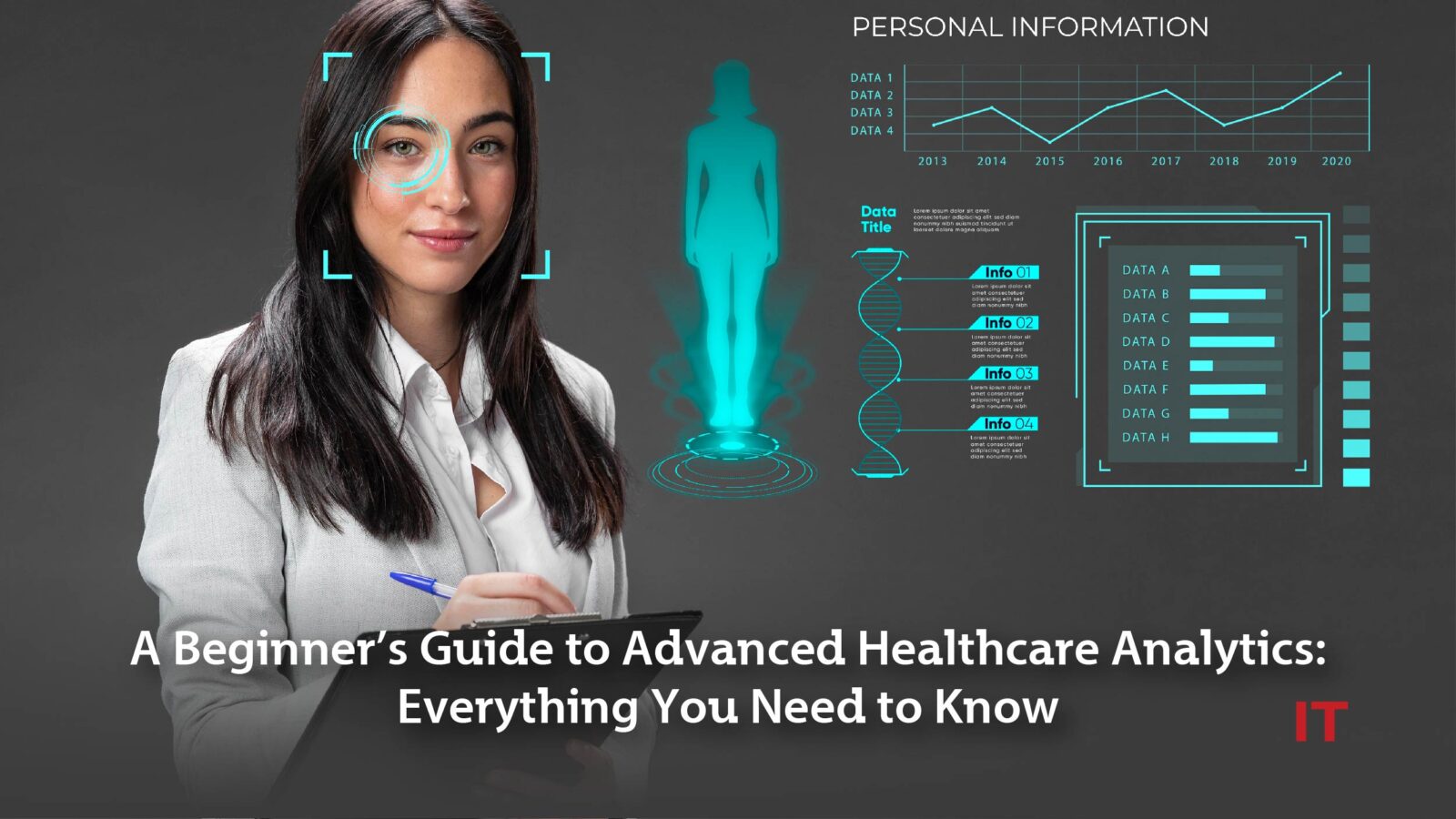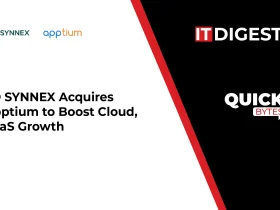Over the past few years, the healthcare sector has undergone a substantial evolution propelled by technological advancements. One of the key areas that have emerged as a game-changer is healthcare analytics. With the increasing availability of data and the development of advanced analytical tools, healthcare providers and organizations can now harness the power of data to improve patient outcomes, enhance operational efficiency, and make informed decisions. In this blog, we will explore the concept of advanced healthcare analytics and its impact on the industry.
What is Healthcare Analytics?
Healthcare analytics involves the systematic analysis of healthcare data to uncover meaningful insights and patterns. It encompasses a wide range of techniques, including data mining, predictive modeling, machine learning, and artificial intelligence. By analyzing vast amounts of structured and unstructured data, healthcare analytics enables professionals to make evidence-based decisions, identify trends, and predict future outcomes.
What is Advanced Healthcare Analytics?
Advanced healthcare analytics is the application of sophisticated data analytics, encompassing big data and artificial intelligence (AI), to derive meaningful insights from healthcare data. This strategic utilization enables healthcare institutions to optimize patient treatment, proactively prevent diseases, manage costs efficiently, and elevate the overall quality of care. In the modern healthcare landscape, advanced healthcare analytics is a crucial component for organizational viability and prosperity. It empowers healthcare entities to extract tangible value through proven use cases, thereby significantly impacting and shaping the industry.
Also Read: A Comprehensive Guide on Implementing Machine Learning in HC (Healthcare)
Applications of Advanced Healthcare Analytics 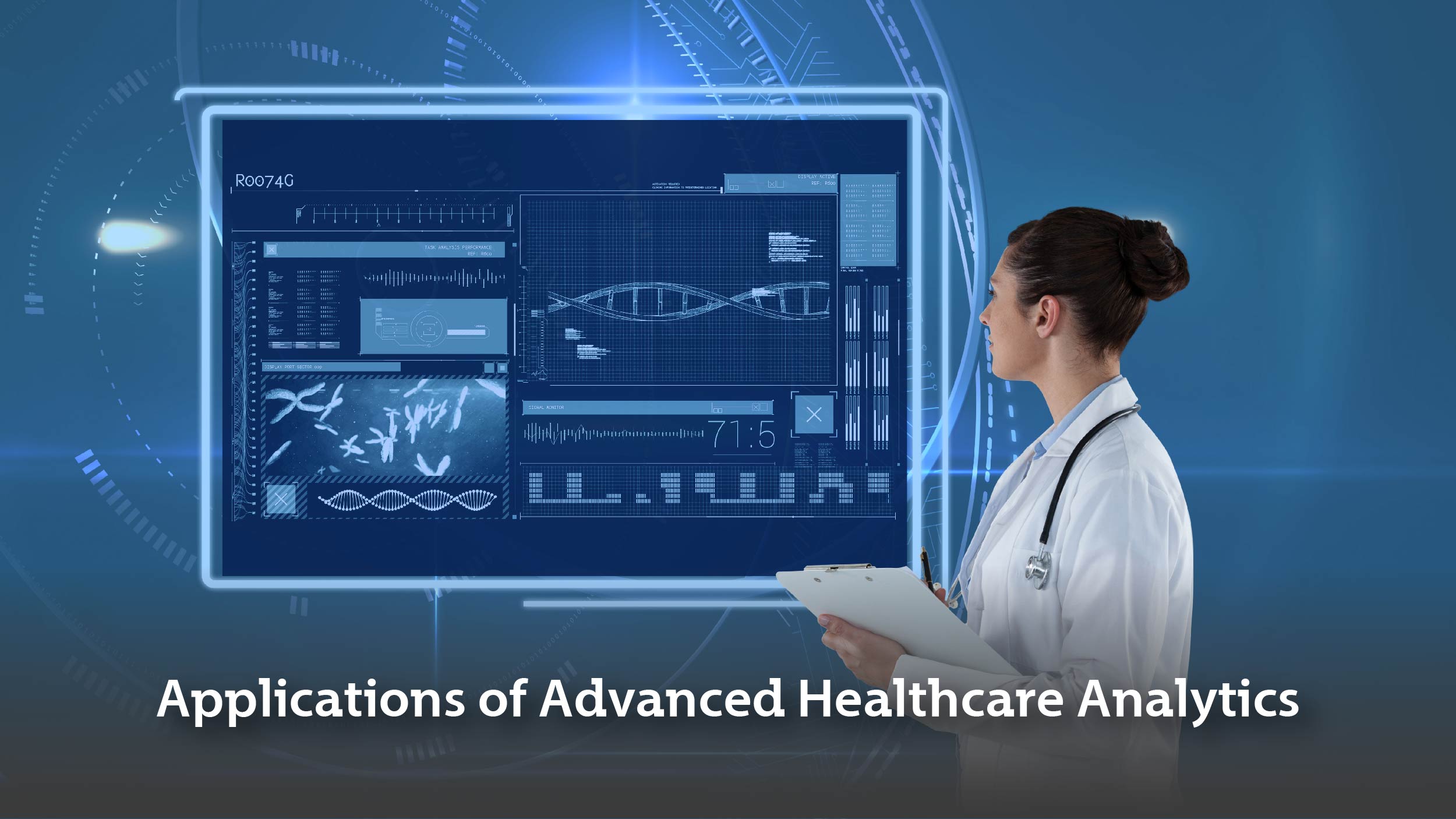
Given below are some of the top applications of advanced analytics in healthcare:
- Accurate Diagnosis of Medical Conditions: Leveraging data analytics for swift and precise identification of medical conditions enhances the diagnostic process, allowing for timely and effective treatment.
- Clinical Decision Support: Providing healthcare professionals with data-driven insights aids in making informed decisions at the point of care, ensuring optimal and personalized treatment plans.
- Clinical Research: Advanced analytics supports clinical research by analyzing vast datasets, facilitating the identification of patterns, trends, and potential breakthroughs in medical research.
- Discovery of New Drugs: Utilizing analytics in drug development processes helps identify potential candidates, streamline research efforts, and accelerate the discovery of new pharmaceuticals.
- Development of New Treatments: Analytics contributes to the development of innovative treatment approaches by analyzing patient outcomes, treatment efficacy, and emerging medical trends.
- Prediction of Outbreaks: Analyzing health data allows for the prediction of diseases and potential outbreaks, enabling proactive measures to contain and manage public health challenges.
- Prevention of Diseases: Advanced analytics supports preventive strategies by identifying at-risk populations, implementing targeted interventions, and minimizing the impact of potential outbreaks.
- Automation of Hospital Administrative Processes: Streamlining administrative tasks through analytics-driven automation enhances operational efficiency, allowing healthcare organizations to allocate resources more effectively.
- Forecast Equipment Maintenance Needs: Predictive analytics is employed to anticipate equipment maintenance needs, reducing downtime and ensuring the smooth functioning of critical medical machinery.
- Chronic Disease Management: Advanced healthcare analytics aids in managing chronic conditions by tracking patient data, identifying patterns, and tailoring treatment plans to improve overall disease management.
By integrating analytics at the point of care, healthcare professionals and organizations can deliver timely and targeted healthcare interventions. This not only improves patient outcomes but, in some instances, can also be life-saving. The power of data-driven decision-making enhances the effectiveness of healthcare delivery across various domains, ultimately benefiting both patients and the healthcare system as a whole.
What are the Challenges and Considerations of Advanced Healthcare Analytics?
While advanced healthcare analytics offers immense potential, it also comes with its fair share of challenges. Some of the key considerations include:
- Data Quality and Integration: Healthcare data is often fragmented, residing in different systems and formats. Ensuring data quality and integrating various sources pose significant challenges. Data cleansing and standardization efforts are crucial to derive accurate insights.
- Privacy and Security: Healthcare data is sensitive and subject to strict privacy regulations. Ensuring compliance with regulations such as HIPAA is vital to safeguard patient privacy and maintain data security.
- Ethical Use of Data: The ethical use of healthcare data is paramount. Organizations must establish guidelines and policies to ensure responsible data handling, consent management, and protection against potential biases.
- Skilled Workforce: Advanced healthcare analytics requires a skilled workforce proficient in data analysis, statistics, and machine learning. Investing in training and development programs is essential to build a competent analytics team.
How Does Healthcare Data Analytics Protect Patient Privacy?
The safeguarding of patient privacy in healthcare data analytics involves multiple strategies. These include internally assessing sensitive personal and healthcare information, partnering with external privacy experts, and incorporating privacy-enhancing techniques in medical practices. Moreover, healthcare institutions are adopting novel information systems and methodologies to proactively thwart potential breaches and security incidents. This comprehensive approach ensures that patient data remains secure, shielding it from unauthorized access and misuse.
Key Takeaways
Advanced healthcare analytics has the potential to revolutionize the healthcare industry by leveraging the power of data. From predictive analytics and clinical decision support to population health management and operational efficiency, analytics-driven insights can enhance patient care, improve outcomes, and drive cost savings. However, addressing challenges related to data quality, privacy, ethics, and skill development is crucial for successful implementation. As the healthcare industry continues to evolve, embracing advanced analytics will be a key differentiator for organizations aiming to provide high-quality, data-driven care.












